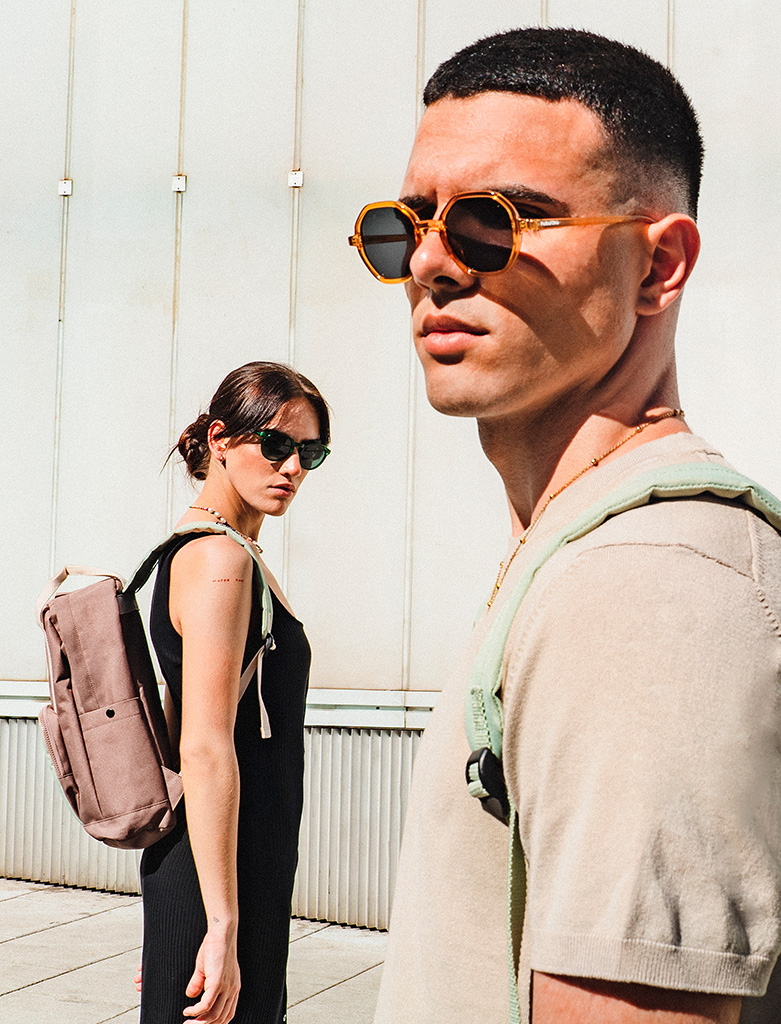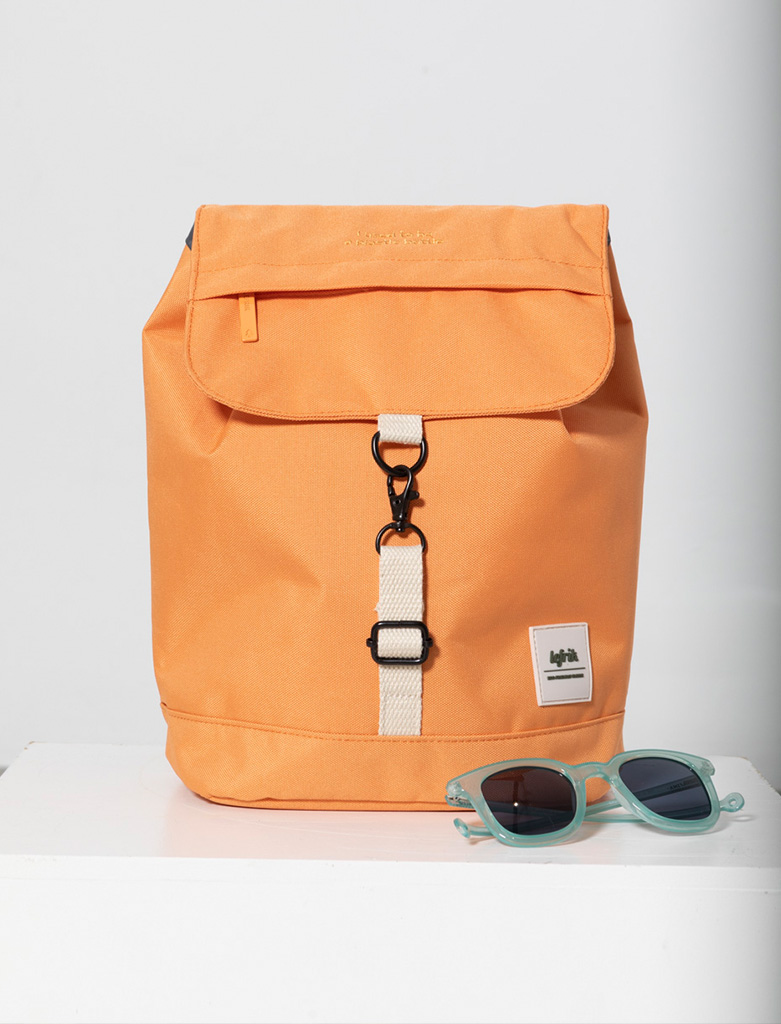"Polyester has become the basic raw material for this industry:
accounts for more than 50% of the fibers."
Plastic can also be harmful to our health. Plastic is a durable material with exceptional qualities, but when you wear, use or wash plastic fabrics, the textile material deteriorates. Since plastic does not decompose, but rather disintegrates into smaller particles, these harmful particles end up floating in the air and water, possibly entering our bodies.
What can we do about this? Recycling synthetic fibres is not an option, as it will not prevent the emission of harmful particles. Today, our need for clothing means that we are polluting the planet and ourselves. It doesn't have to be this way. There are plenty of alternative materials and processes, but we also need to change our behaviour to reverse this. We need to choose wisely and buy what we really like and need, and try to go for brands whose products have been produced sustainably, with natural materials and under fair conditions.




